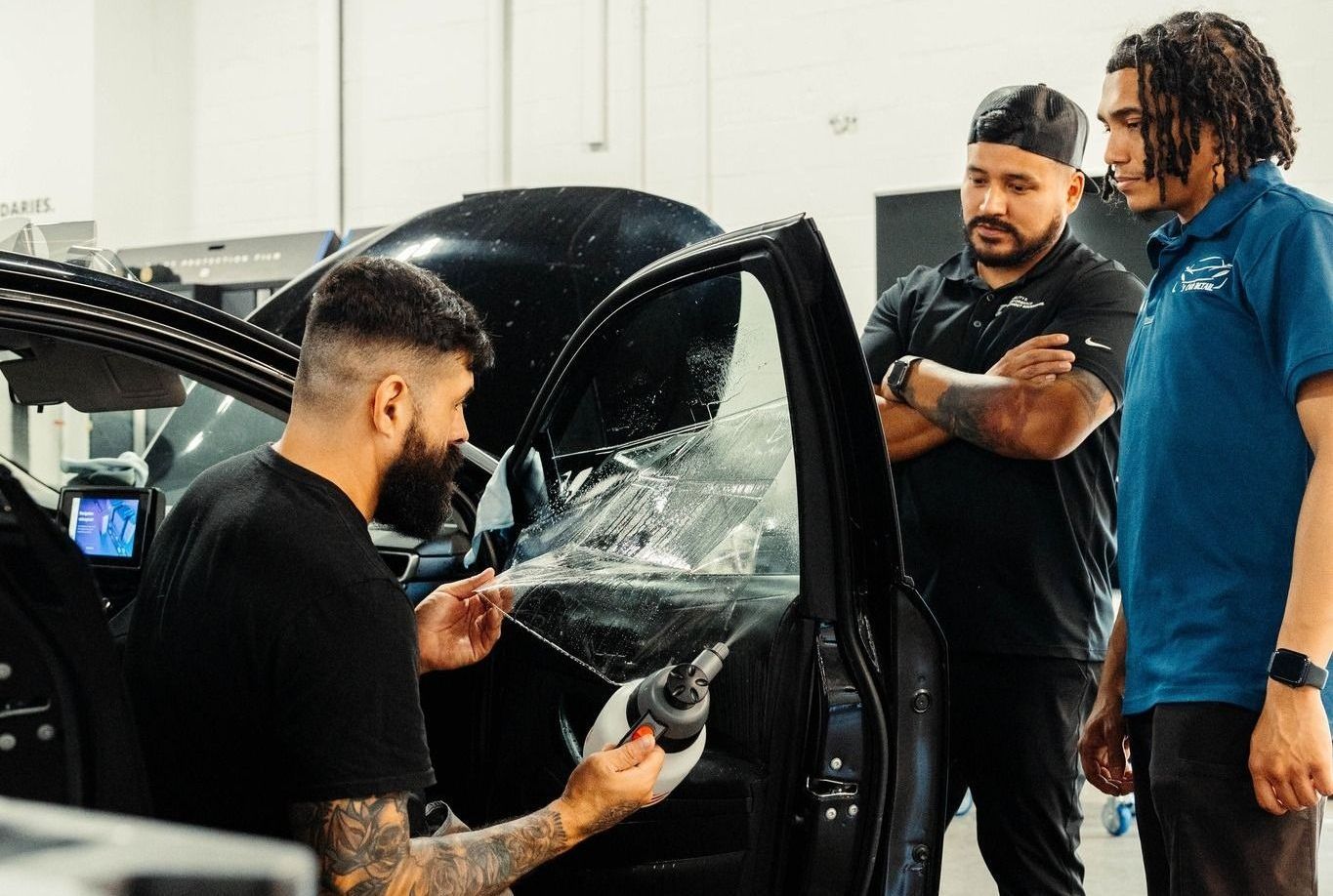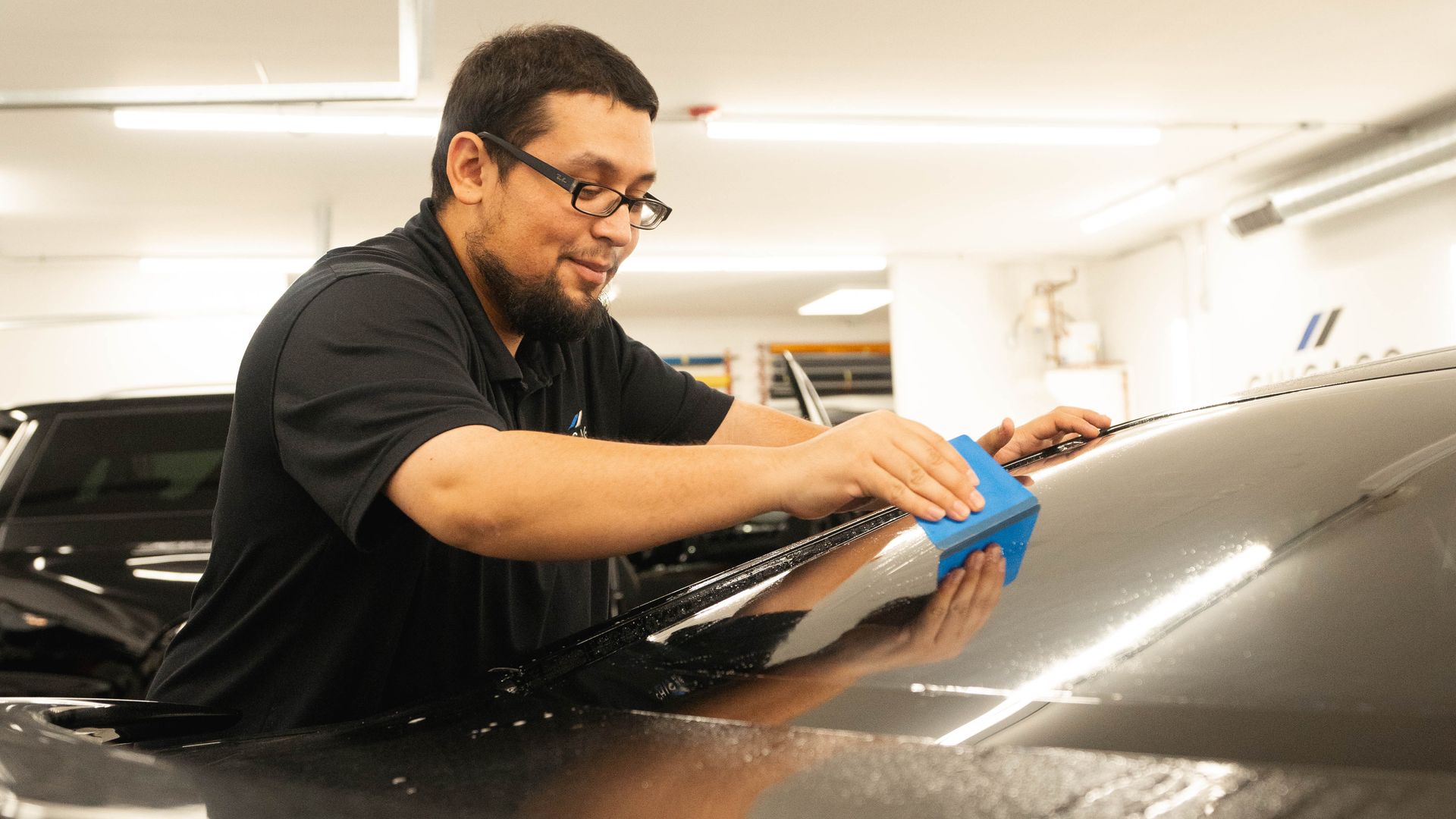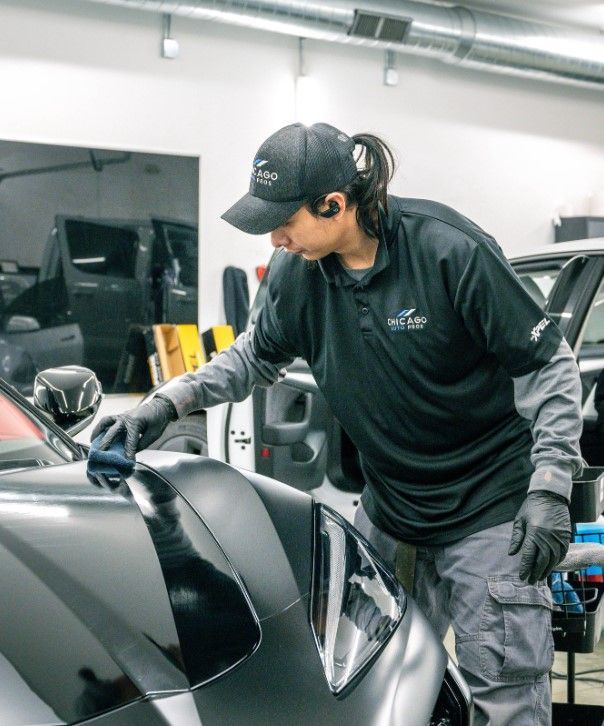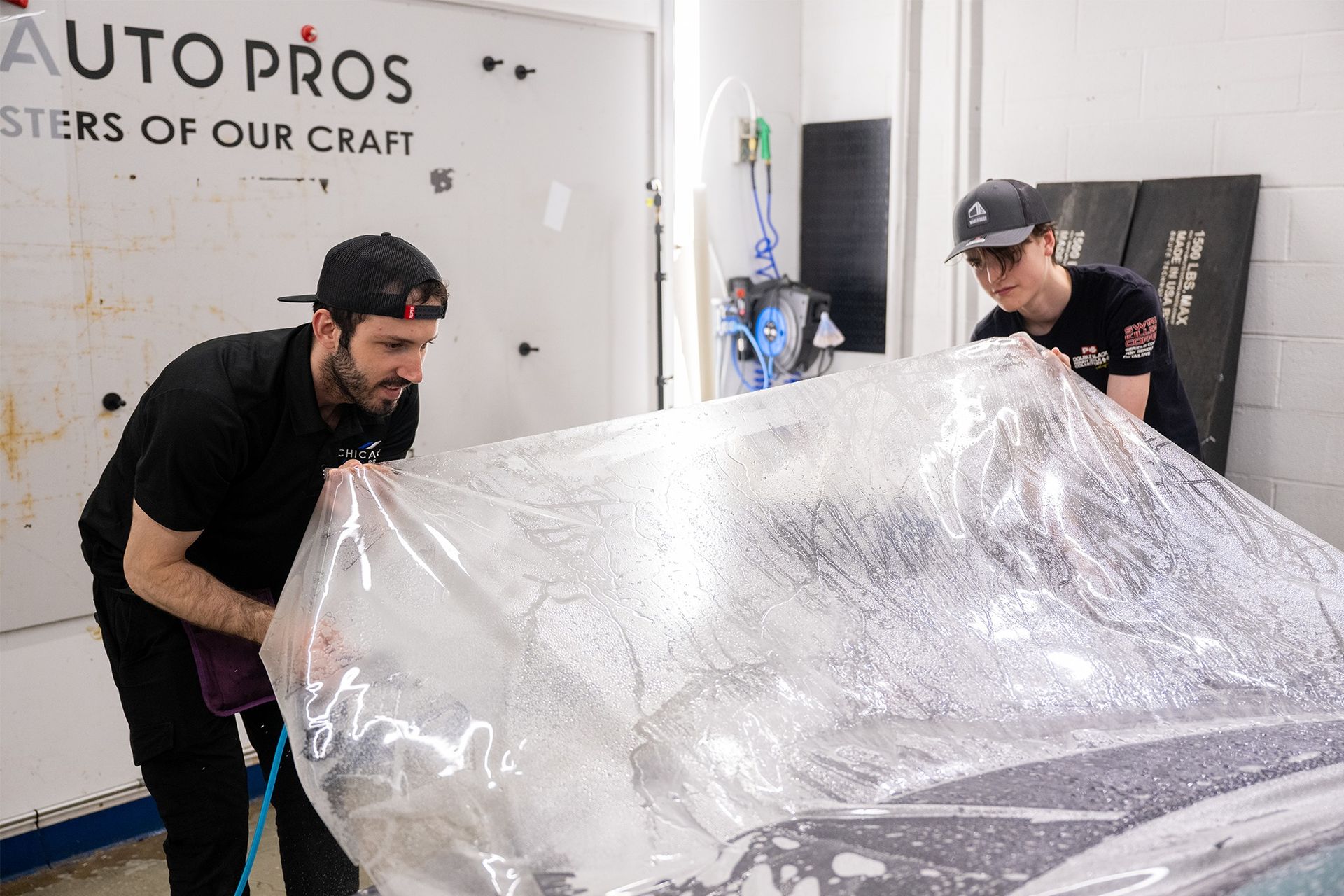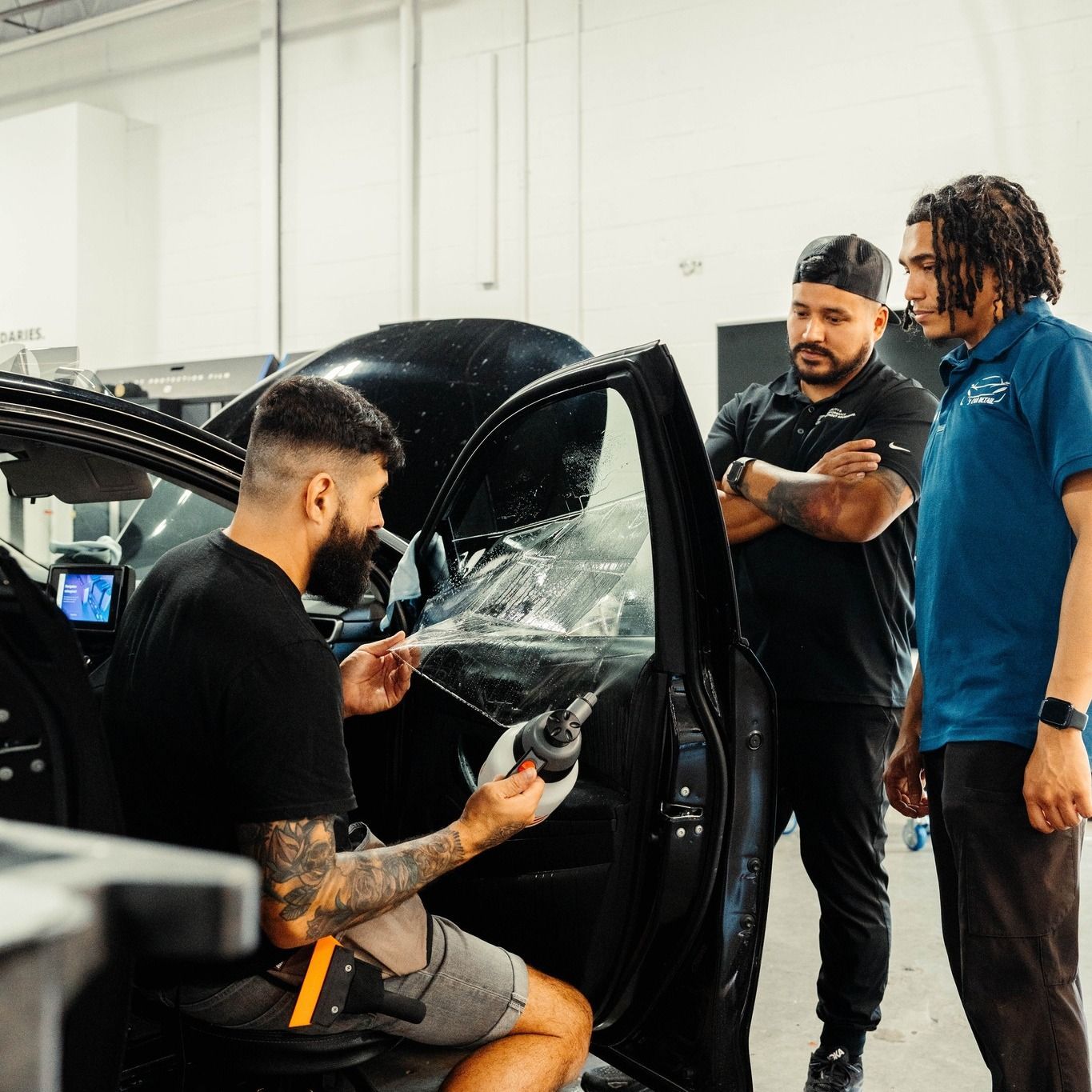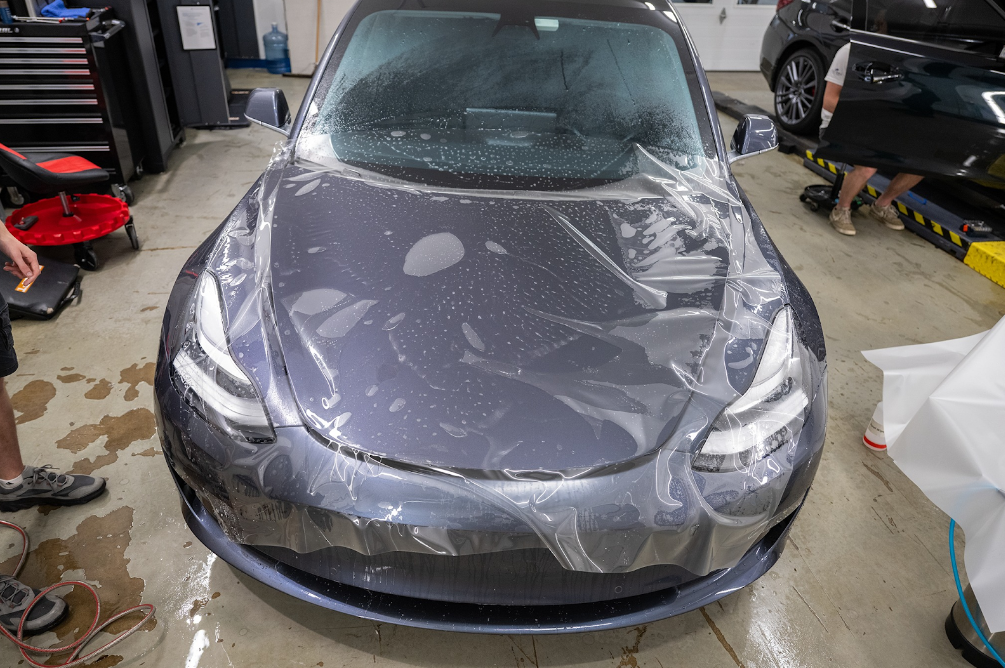Window Tinting Medical Exemptions: Your Guide to Requirements and Application
When it comes to window tinting, many people think it's just about aesthetics or keeping your car cool. But for some, the need for darker tints goes much deeper—it can be a matter of health. That's where medical exemptions for window tinting come into play. This guide will walk you through what you need to know about obtaining a medical exemption, from understanding what qualifies to navigating the application process.
Medical exemptions for window tinting typically require documentation from a licensed physician stating the necessity of special window tinting due to a medical condition, such as light sensitivity. It is essential to check local state laws, as requirements may vary, including specific forms that must be submitted along with proof of residency and the vehicle's registration.
What is a Medical Exemption for Window Tinting?
A medical exemption for window tinting allows individuals to install darker window tints on their vehicles than standard laws permit. In most states, including Illinois, regulations dictate the allowable levels of tint on car windows to ensure safe visibility for drivers and pedestrians alike. However, some individuals require special accommodations due to specific health conditions that make them particularly sensitive to sunlight exposure. This exemption serves that purpose, providing necessary relief.
The key to obtaining such an exemption is proving medical necessity. You must have a known medical condition that sunlight could worsen in order to qualify. This could range from photosensitivity, where exposure can lead to severe skin reactions, to more serious diagnoses like lupus or melanoma, which can escalate when exposed to ultraviolet rays. Essentially, having this exemption isn't just about aesthetic choice; it’s about health and safety.
Medical exemptions not only allow for darker tints but also entail a defined process of application that underscores the importance of proper documentation. Individuals looking to apply must gather relevant medical records and possibly get a letter from their physician explicitly stating their condition and the need for tinted windows. This documentation is crucial as it ensures authorities understand the rationale behind your request. In Illinois, submitting this information often involves filling out specific forms provided by the state government.
Securing a medical exemption can significantly enhance your driving experience. Enhanced window tint can reduce heat buildup inside the vehicle, improving comfort levels while driving or riding as a passenger. This is especially beneficial during the sweltering summer months. Additionally, reinforced privacy adds layers of comfort for those who might feel exposed by other drivers or passersby.
Qualifying Health Conditions
Understanding which health conditions can qualify you for a window tinting exemption is crucial, as not every affliction will meet the necessary criteria. For those with certain medical conditions, exposure to sunlight can lead to serious complications, making it imperative to have additional protection from UV rays. The conditions recognized by state laws help underscore the need for individuals to advocate for themselves, because sometimes peace of mind is just as important as physical health.
Photosensitivity, for instance, represents an intense reaction to light that goes beyond mere discomfort. Individuals grappling with this condition may develop rashes or experience painful skin reactions when exposed to sunlight. This isn't just a minor inconvenience; these reactions can severely impact daily activities and quality of life. Consequently, having tinted windows provides a shield against harmful rays.
Similarly, individuals with lupus face their own challenges. This autoimmune disease can be exacerbated by sun exposure, resulting in painful flare-ups that affect their skin and overall health. By reducing sunlight penetration through tinted windows, these individuals can manage their symptoms more effectively while traveling in vehicles.
The next condition on our list is melanoma, a type of skin cancer that poses considerable risks from even minimal UV exposure. Those who have had melanoma or who are at significant risk may find that additional tinting acts like a safeguard, protecting them from potential relapses triggered by sunlight. Having this preventive measure is essential for maintaining their health and ensuring a carefree lifestyle without fear of exacerbating their condition.
Perhaps one of the rarer concerns is porphyria, a condition that leads to heightened sensitivity to light and can result in painful skin lesions when exposed to sunlight. The risk here cannot be overstated—the severity of reactions faced by individuals with porphyria makes it imperative that they take proactive measures like applying for window tint exemptions.
Each of these qualifying health conditions highlights the importance of understanding personal health needs in relation to state regulations regarding window tinting exemptions. If any of these issues resonate with you or someone you know, taking the necessary steps toward obtaining official consideration is vital for improving quality of life and well-being.
How to Obtain a Medical Exemption
To start the process, the first step is obtaining a doctor's note. You'll want to schedule an appointment with your healthcare provider to discuss your specific condition that necessitates the need for a medical exemption.
It's essential that these notes clearly outline your medical condition and explain why window tinting is necessary for your health. Make sure to emphasize any symptoms that could potentially be aggravated by sunlight exposure, such as migraines, skin conditions, or other sensitivities.
A well-documented note not only adds credibility to your request but also expedites the subsequent steps. Once you've secured this important document, it's time to move on to the next step: contacting the Illinois Secretary of State's office. This office can provide you with the necessary forms and detailed guidelines on how to proceed.
It’s worth noting that keeping communication lines open can have its advantages; don’t hesitate to ask questions regarding any uncertainties you might have during this process.
After gathering all required information, you'll need to fill out the appropriate forms provided by the Secretary of State’s office. Here, it’s crucial to ensure that every section is carefully completed and reviewed for accuracy. Alongside these forms, make sure you attach the previously obtained doctor’s note as well as any other required documentation specified by the office—this could include identification or proof of residency. Missing pieces can delay the entire process significantly.
Submit your completed forms and relevant documentation directly to the Illinois Secretary of State's office. It's advisable to send everything via certified mail or another traceable delivery method if you're mailing them; this way, you'll have a record of your application.
After submission, be prepared for a waiting period while your application is processed. Processing times can vary widely, so planning ahead is key—aim to submit well before scheduled tinting appointments to avoid last-minute issues.
Legal and Practical Benefits
When it comes to window tinting for medical reasons, understanding both the legal allowances and practical advantages is essential. Medical exemptions not only offer protection from harmful UV rays but also ensure you're compliant with state regulations. With the right documentation and professional installation, you can enjoy improved comfort, safety, and peace of mind—legally and effectively.
Legal Protections
The legal advantages of obtaining a medical exemption for window tinting are significant. It provides a shield against fines or penalties from state regulations concerning the allowed levels of tint on your vehicle. If you find yourself stopped by law enforcement, having this exemption ensures that you have the necessary documentation on hand to demonstrate that the darker tints are medically justified. This not only legitimizes your choice but also fosters easier communication with law enforcement officers, who often deal with tint-related citations.
Practical Advantages
Moving beyond legalities, the practical benefits of having tinted windows due to medical exemptions are equally compelling. Not just any driver would opt for dark-windowed vehicles unless there was a good reason. For many individuals, exposure to bright sunlight can trigger various health issues ranging from skin irritations to migraines. By reducing sunlight entering your vehicle, you’re actively creating a more comfortable environment tailored to your specific health needs.
Navigating Medical Tint Exemptions with Confidence at Chicago Auto Pros
Understanding medical exemptions for window tinting is essential for staying both protected and legally compliant. Whether you have a condition that requires added UV shielding or simply want to ensure your vehicle meets state guidelines, Chicago Auto Pros is here to help.
At Chicago Auto Pros, we are experts in Illinois window tinting laws and medical exemptions. Let us guide you through the process to ensure you stay compliant and protected. Contact us to schedule your consultation and get the right tint solution for your needs
We Make Your Car Look Beautiful
Founded with an unquenchable desire for automotive perfection, Chicago Auto Pros is a leader in paint protection efforts and aesthetic vehicle detailing services in Chicago, Illinois. When you bring your automobile to our Chicago-based detailing shop, you are sure to experience unmatched integrity, customer service excellence, and above all, absolute automotive perfection from the inside out. Choose the right auto detailing team - choose Chicago Auto Pros!
Lombard Location
207a Eisenhower Ln S, Lombard, IL, United States
Glenview Location
2075 Johns Ct, Glenview, IL, 60025, United States
Additional Service Areas
Tesla & EV Detail Specialists
Services Offered
Quick Links
All Rights Reserved | Chicago Auto Pros





